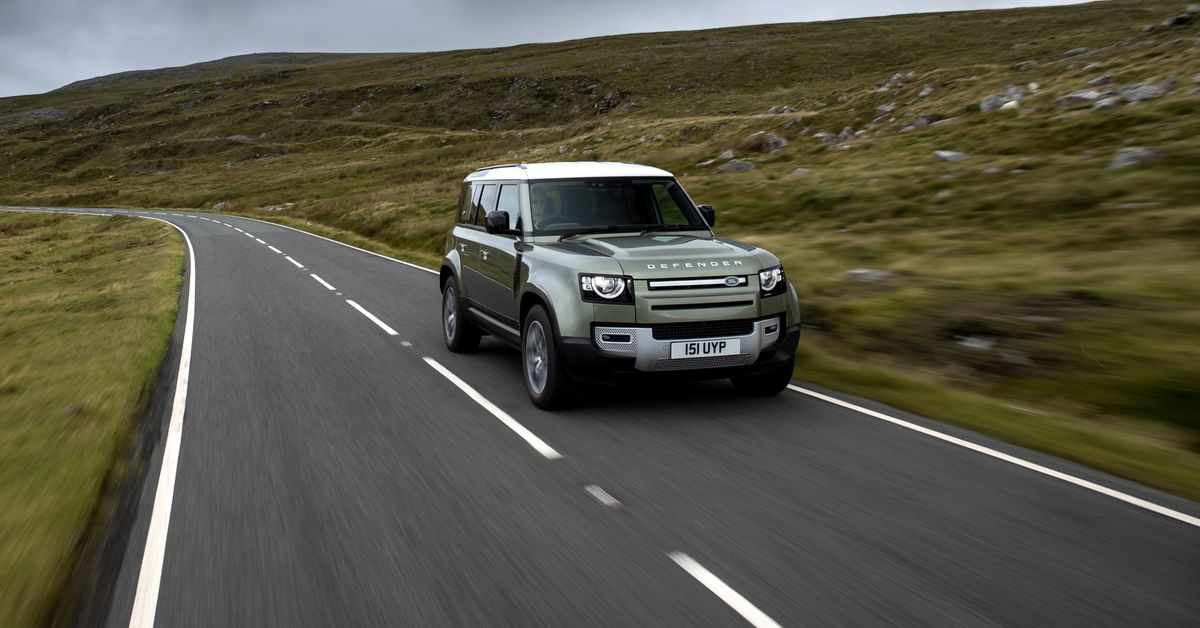
Jaguar Land Rover is working on a prototype hydrogen fuel cell electric vehicle (FCEV), which it plans to start testing later this year, the company announced. The vehicle is based on its Land Rover Defender, and the company says it will focus its testing on “key attributes” such as fuel consumption and off-road capabilities.
The FCEV is part of the company’s strategy to achieve zero tailpipe emissions by 2036 and net zero carbon emissions across its supply chain and operations by 2039. Fuel cell electric vehicles generate electricity from hydrogen to power their electric motors, and Jaguar Land Rover considers them complementary to battery electric vehicles. “We know hydrogen has a role to play in the future powertrain mix across the whole transport industry, and alongside battery electric vehicles, said Ralph Clague, head of the company’s hydrogen and fuel cells division.
The tech behind FCEVs makes them “ideal for larger, longer-range vehicles, or those operated in hot or cold environments,” Jaguar Land Rover said in its announcement, as the vehicles “provide high energy density and rapid refuelling, and minimal loss of range in low temperatures.”
Other carmakers have announced plans to develop hydrogen-powered vehicles; Toyota said in April that its electric vehicle strategy would include 70 new models by 2025, including hydrogen fuel cell models. And even though Honda discontinued its Clarity EV last year, the company says it plans to continue to make a hydrogen fuel cell version. And in January, General Motors announced a partnership with trucking firm Navistar and hydrogen fuel cell company OneH2 that includes plans for a fleet of zero-emission hydrogen fuel cell trucks.
The US doesn’t yet have a robust fueling infrastructure for hydrogen vehicles, however; while there are 39 hydrogen fueling stations in California and a few in Hawaii, only a handful of stations are open along the East Coast so far.
